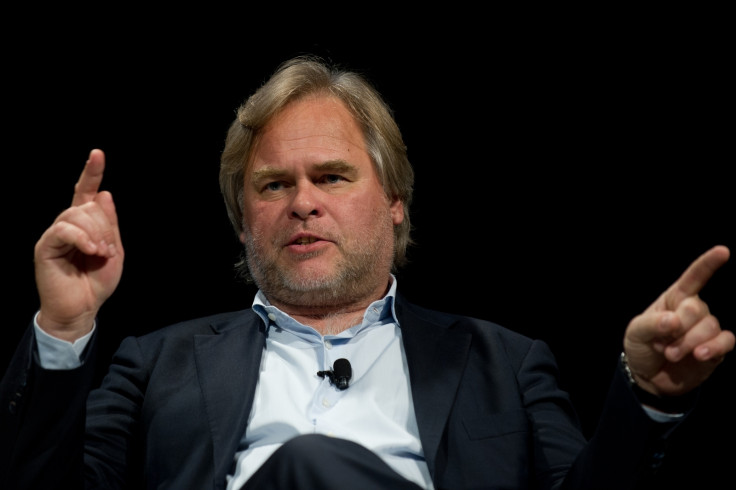Eugene Kaspersky to 'secure the world' with free software amid US government suspicion
The anti-virus is rolling out now and uses data to bulk up machine learning tools.

Russian cybersecurity firm Kaspersky Lab has announced the roll out of a free version of its anti-virus software in an attempt to "secure the world", a move that is likely to worry US authorities who claim the firm has suspiciously close links to Putin's intelligence services.
Touted in a blog post this week (Tuesday 25 July) by the firm's founder, Eugene Kaspersky, the company claimed the move was not designed to increase its market share but instead to "raise the overall level of protection on the internet" and combat malware and viruses.
Kaspersky said it will use the additional data to advance its machine-learning capabilities and noted it won't be placed in direct competition with its paid services, which cost roughly $50 and typically come with enhanced features such as VPN connections and parental controls.
The free software is simply the bare essentials, the firm's chief executive confirmed. It will be released in stages over a period of four months, with the first wave now hitting the US, Canada and the Caribbean.
By October, "Kaspersky Free" – as it's known – will be released across Europe, Japan and South Korea.
"[The software] doesn't come cut with all the usual nonsense like advertising-oriented user-habit tracking and confidentiality infringements – which free AV normally suffers badly from in order to make it financially worthwhile to its manufacturers," Kaspersky wrote in the update.
In early July, following a period of intense speculation, the US government officially removed Kaspersky Lab from its approved list of technology vendors. Previously, some senators spoke about fears the Russia-headquartered firm was open to "Russian government influence".
It's a claim the company's founder has long denied. Even in his latest blog post, he appeared to reference recent events without naming them specifically.
He wrote: "This means that, though [the free software] features just the bare basics, it still packs a punch – a punch we're no less proud of. The same protection without compromise: we detect any cyber threat regardless of its origin or intention – even if certain folks don't like it."
Experts in the cybersecurity field have urged scepticism before linking the firm directly to Putin's government without strong evidence – even if, as national security blog Lawfare noted, that it is simply "sound practice to plan for unseen or future capabilities" of America's adversaries.
Jake Williams, a former National Security Agency (NSA) computer expert, tweeted on 19 July to say the Trump administration should release more evidence to back up its ban.
"If you are in the US, call your elected representative and tell them you want evidence, not leaks in the Kaspersky debacle," he wrote. "Whatever you think about Kaspersky, this will have ripple effect with US providers selling in international markets.
"The only way to beat that back is to get the facts out there," he continued. "So far, the evidence and rumours are far from convincing. If we apply the 'founder has ties to intelligence' standard, how many US companies does that apply to? Guessing most of infosec."
© Copyright IBTimes 2025. All rights reserved.






















